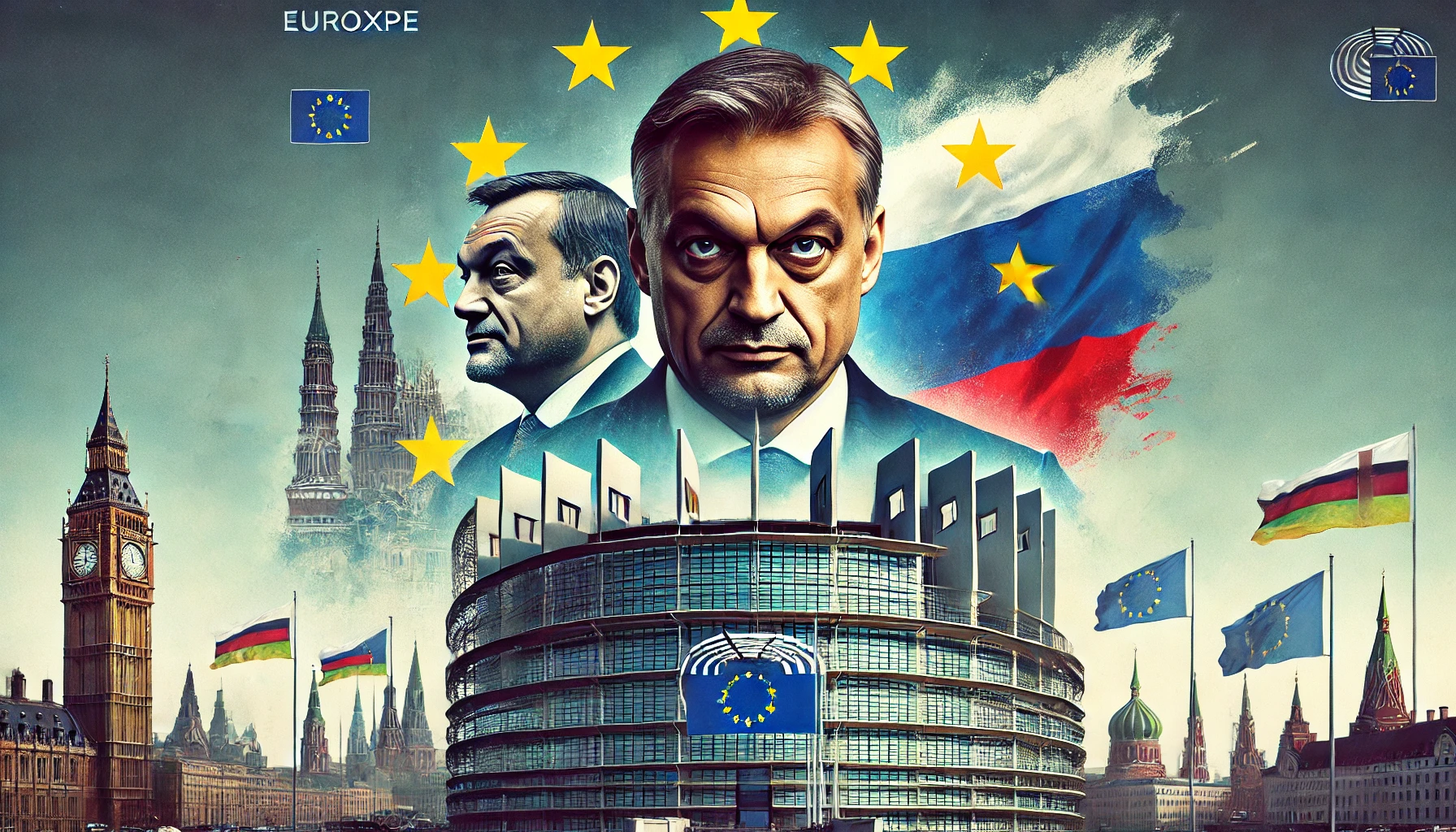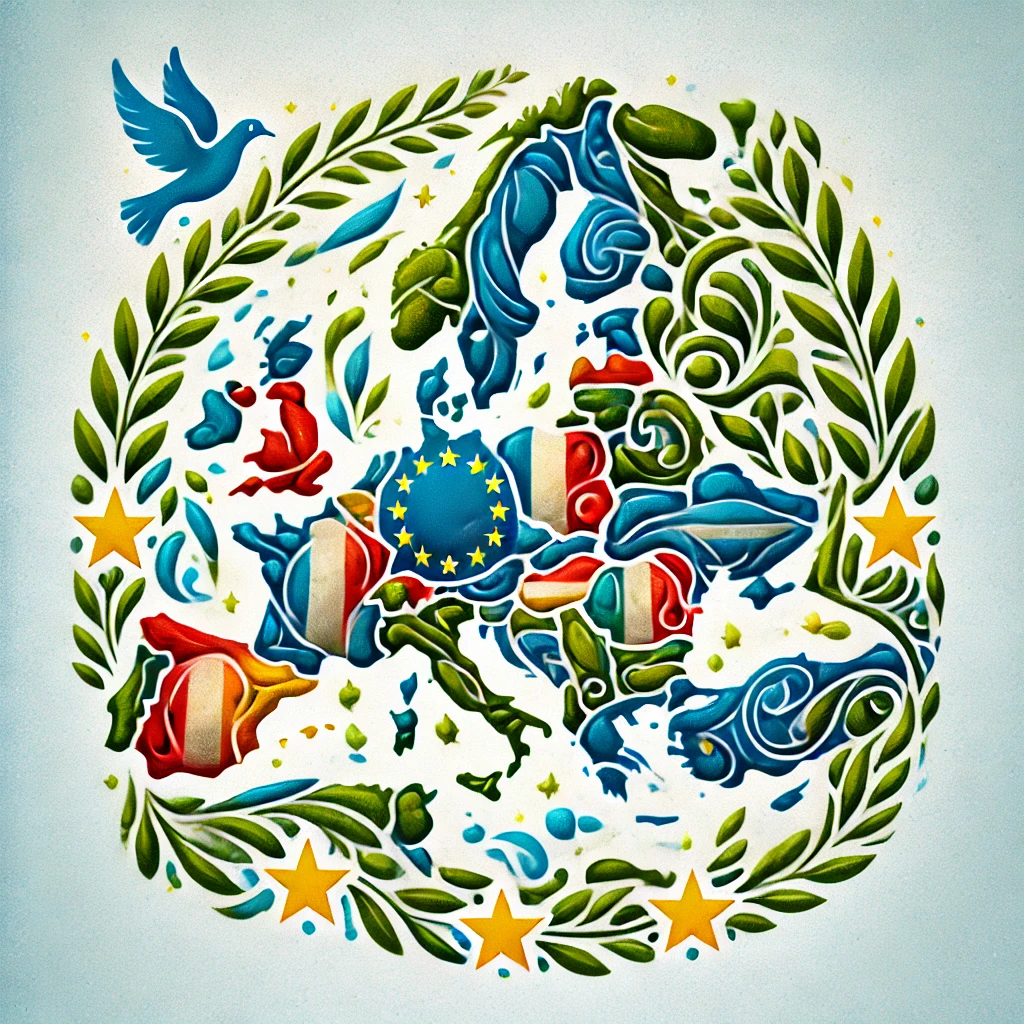The ongoing conflict in Ukraine has brought European diplomacy to the forefront, with Hungary once again holding significant sway over the fate of EU aid to the war-torn nation. As Hungary’s Prime Minister Viktor Orbán continues to leverage his veto power, the European Union faces mounting pressure to navigate a complex political landscape. Orbán’s actions are not only affecting the EU’s foreign policy but also crucial US and IMF aid packages to Ukraine. As the year-end deadline approaches, the question of whether Hungary will obstruct or facilitate further aid is growing more urgent.
Hungary’s Pivotal Role in EU Decisions
Hungary’s veto power in the European Union has proven to be a crucial bargaining chip in recent years. At the centre of the latest diplomatic hurdle is Hungary’s position on sanctions against Russia. These sanctions, which were initially implemented following the annexation of Crimea in 2014, are a key tool for the West in maintaining pressure on Russia. However, the EU’s current sanctions regime is set to expire unless renewed, and Orbán’s government has signalled that it may not agree to an extension without significant concessions.
The United States has called for an extension of the sanctions to ensure that Russia remains financially constrained until it can offer reparations to Ukraine. Washington has made it clear that without guarantees, it will be unable to push through its portion of a $50 billion aid package to Ukraine, which is set to be backed by Russian state assets frozen under Western sanctions.
EU’s Internal Struggles Over Sanctions Extension
Within the EU, extending sanctions is a complex process, requiring unanimous approval from all 27 member states. Hungary, however, has already indicated that it would treat this as a question for leaders, effectively delaying any progress. This is problematic because time is of the essence—EU officials are under immense pressure to finalise the aid proposal before the end of the year. Failure to do so would result in losing the ability to pass the loan package via a qualified majority vote, giving Hungary even more leverage.
One potential solution that EU diplomats are considering involves offering Hungary other political or economic incentives in exchange for lifting its veto. Still, Orbán’s government remains unpredictable, having used similar situations in the past to negotiate for concessions that have little to do with Ukraine but rather domestic concerns or EU budget allocations.
Impact on IMF and US Aid
The stakes are even higher when considering that the next tranche of IMF funding to Ukraine is tied to the EU’s decision-making process. The IMF has stated that it requires “firm assurances” from the EU regarding the availability of financing for Ukraine over the next 12 months. Without the EU’s commitment, the IMF would be unable to disburse its share of the aid, further compounding the financial crisis in Ukraine.
Moreover, the US has been adamant that any less than a 36-month extension of the sanctions would be unacceptable, thus complicating the negotiations. However, some EU officials argue that Washington’s concerns may be overblown, as the EU has successfully extended sanctions multiple times since 2014. Nonetheless, the diplomatic roadblock created by Hungary remains a formidable challenge.
Budapest’s Leverage on EU Politics
Prime Minister Orbán has used his position to gain political leverage within the EU on numerous occasions, and this latest impasse is no exception. By holding out on approving the sanctions extension, Orbán has positioned himself as a key player in shaping EU foreign policy. His influence could extend even further if he uses this moment to pressure the European Commission on unrelated issues, such as the distribution of portfolios within the Commission’s new leadership team.
This political brinkmanship underscores Hungary’s unique position within the EU. As a member state, Hungary is bound by EU rules, yet Orbán has consistently challenged the bloc on issues ranging from rule of law violations to migration policies. His opposition to the sanctions regime is just the latest in a long line of disputes between Hungary and Brussels, with broader implications for EU unity and its global standing.
The Way Forward
As the year-end deadline for the Ukraine aid package approaches, the EU must find a way to navigate Hungary’s resistance. Some diplomats have suggested moving forward without the sanctions extension and offering an EU loan of “up to $40 billion”, hoping to secure Hungary’s agreement in the coming weeks. Others believe that continuing to negotiate with Hungary, offering political concessions, could eventually lead to a breakthrough.
The clock is ticking, and the consequences of failure are severe—not just for Ukraine but for the EU’s reputation as a unified political and economic force. For now, the future of EU-Ukraine relations remains in the hands of one man: Viktor Orbán.
The ongoing standoff between Hungary and the rest of the EU highlights the complexities of European diplomacy, particularly when it comes to foreign aid and sanctions. While Orbán holds considerable sway, the stakes for Ukraine and the EU as a whole are too high to ignore. With the end-of-year deadline fast approaching, European leaders must find a solution that ensures continued support for Ukraine while addressing Hungary’s concerns. As reported by FT, this is a situation where both time and diplomacy are of the essence.






